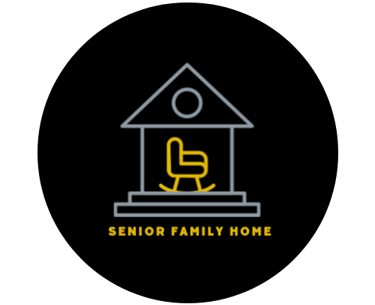Exploring Myths About Advance Care Planning


Advance care planning (ACP) is a crucial process that allows individuals to outline their preferences for medical care in case they are unable to communicate their wishes in the future. Despite its importance, several myths and misconceptions surround ACP. Let's debunk some of these myths to shed light on this essential aspect of healthcare.
Myth 1: Advance Care Planning is Only for the Elderly
Reality: ACP is beneficial for adults of all ages, regardless of health status. Accidents and unexpected illnesses can happen at any time, making it important for everyone to consider their healthcare preferences.
Myth 2: Advance Directives are Only for End-of-Life Care
Reality: While advance directives like living wills are crucial for outlining end-of-life preferences, they also cover a wide range of medical decisions. This includes preferences for life-sustaining treatments, resuscitation, and organ donation.
Myth 3: Advance Directives Are Permanent and Irrevocable
Reality: Advance directives can be updated and changed as an individual's preferences and circumstances evolve. Regular review and updating of these documents ensure they accurately reflect current wishes.
Myth 4: ACP is Only About Medical Decisions
Reality: ACP encompasses more than medical decisions. It also involves discussions about personal values, spiritual beliefs, and quality of life preferences. These factors are essential in guiding healthcare decisions.
Myth 5: Families Will Automatically Follow Advance Directives
Reality: Family members may struggle with adhering to advance directives, especially if they are unfamiliar with the individual's wishes or if there are disagreements. Open communication and sharing of documents with loved ones are crucial.
Myth 6: ACP is Only for Those with Terminal Illnesses
Reality: ACP is beneficial for individuals facing chronic illnesses, but it's equally important for healthy individuals. It provides peace of mind and ensures that preferences are known and respected in case of unexpected health crises.
Myth 7: ACP is Morbid and Depressing
Reality: While discussing end-of-life preferences may initially seem daunting, ACP can actually bring peace of mind. It empowers individuals to have control over their healthcare decisions and reduces stress for both individuals and their loved ones.
Myth 8: ACP Is Only for Individuals Without Family Support
Reality: ACP is beneficial for everyone, regardless of family support. It ensures that healthcare decisions align with personal preferences, even if family members are involved in decision-making.
Understanding the myths and realities of advance care planning is crucial for everyone. By debunking these misconceptions, we can encourage more individuals to engage in thoughtful discussions about their healthcare preferences. Remember, advance care planning is about empowering individuals to make informed decisions and ensuring their wishes are respected during challenging times.
Engaging in advance care planning is an act of compassion and responsibility towards oneself and loved ones. It's never too early to start these conversations and document preferences, ensuring peace of mind and dignity in the face of uncertain health circumstances.


